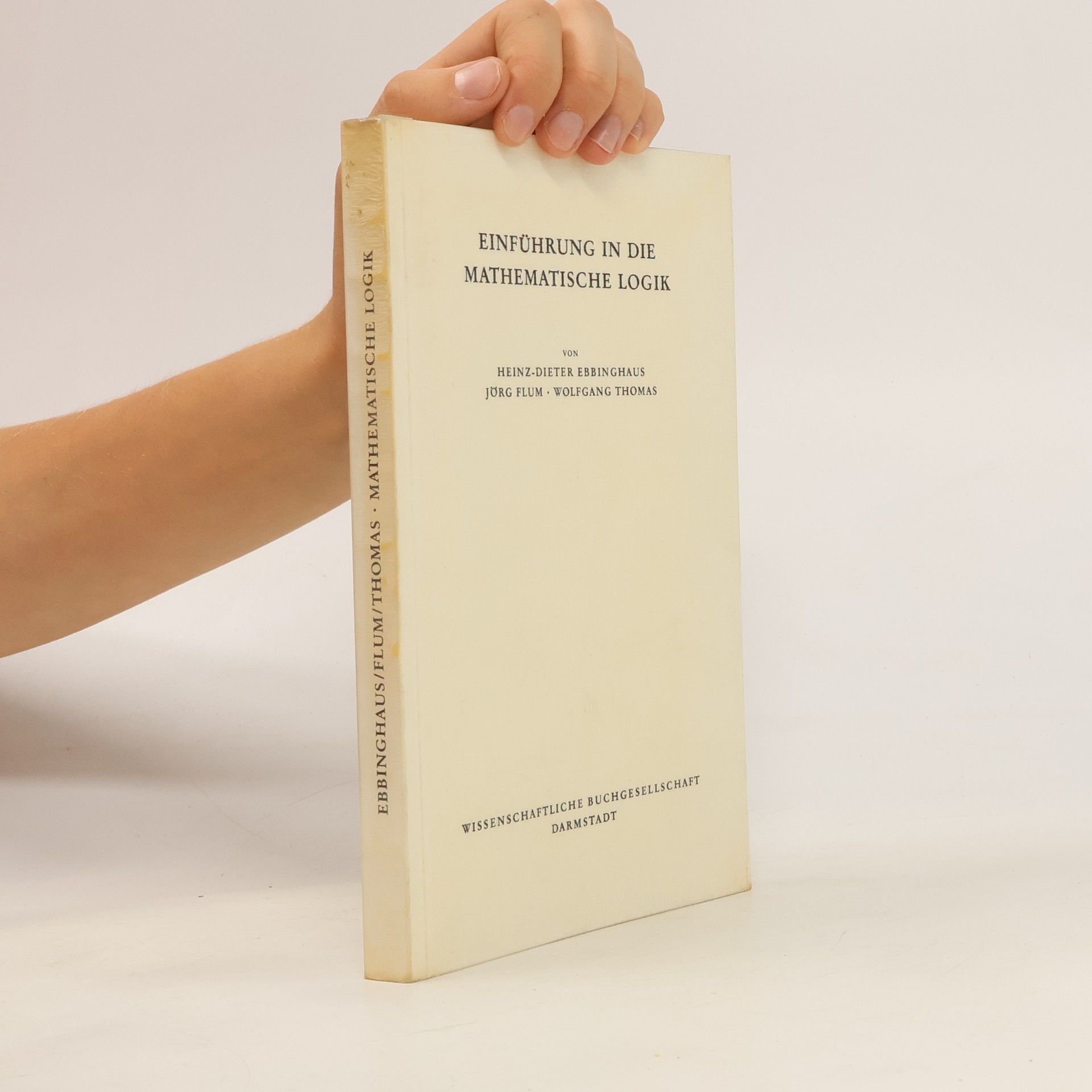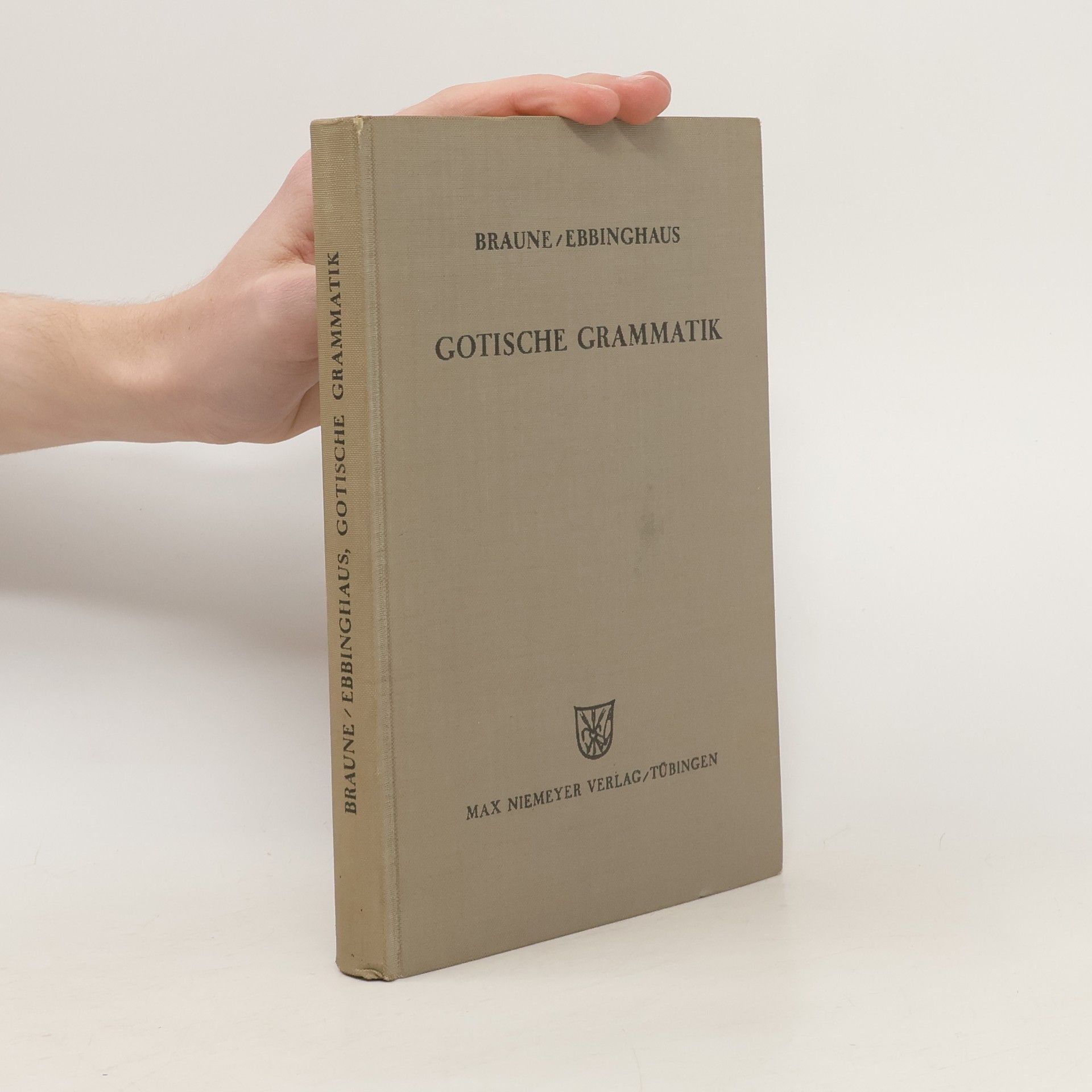Einführung in die Mengenlehre
- 265 pages
- 10 hours of reading
Die Mengenlehre ist eine eigenständige mathematische Disziplin. Zugleich ist sie eine Grundlagendisziplin, die für alle mathematischen Gebiete ein begriffliches Gerüst bereithält. In dieser Universalität offenbart sich eine große Tragweite des Mengenbegriffs und seiner Axiomatisierung. Die vorliegende Einführung gibt daher nicht nur einen Einblick in die Theorie und belegt deren Bedeutung für die Mathematik, sie behandelt auch Methoden und Ergebnisse, die auf eine möglichst weitgehende Rechtfertigung der mengentheoretischen Axiomsysteme zielen. Geschichtliche und erkenntnistheoretische Betrachtungen runden das Bild ab. Das Buch setzt keine spezifischen mathematischen Kenntnisse voraus. Es richtet sich an alle, die an den Grundlagen der Mathematik interessiert und mit Gedankengängen mathematischer Prägung vertraut sind. Rund 200 Übungsaufgaben mit Lösungshinweisen bieten eine zusätzliche Hilfe, insbesondere dann, wenn man das Buch zur eigenständigen Erarbeitung des dargebotenen Stoffes nutzen möchte. Die Neuauflage ist vollständig durchgesehen und enthält jetzt eine systematische Behandlung der konstruktiblen Hierarchie, die Beweise der relativen Widerspruchsfreiheit des Auswahlaxioms und der Cantorschen Kontinuumshypothese erlaubt.



